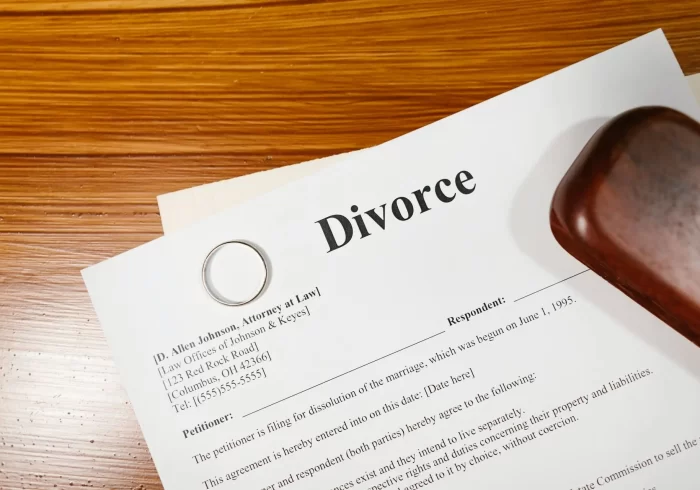Blended families are increasingly becoming more common these days. In fact, approximately 40% of families in the United States are blended, and about 1,300 new blended families are formed every single day.
Unfortunately, like biological families, some blended families may eventually part ways and go through a separation or divorce. Some states provide few legal rights to stepparents in these situations. In most cases, unless the stepparent has adopted the stepchild, they may not be given visitation rights or the right to maintain their relationship with the stepchild that they’ve raised and loved as their own.
While informal arrangements normally enable stepparents to contact and spend time with their stepchildren after a divorce or separation, they usually don’t have any legal recourse in cases in which the parents refuse to give them visitation rights. Fortunately, Georgia has laws in place to help protect the precious bond between stepchildren and stepparents.
What You Should Know About The Equitable Caregiver Act
Families are not only formed through biological relations and adoption. In this light, the state recognizes that non-biological non-adoptive parents can play a vital role in shaping the lives of kids in blended families. The passage of the Equitable Caregiver Act in 2019 enables stepparents, and other eligible adults, who are considered equitable caregivers to their stepchildren to seek visitation or parental rights.
If your soon-to-be ex-spouse or partner does not want you to see your stepchildren or maintain your relationship with them, you can assert your rights under the Equitable Caregiver Act to keep your relationship with your beloved stepchildren.
Who is an Equitable Caregiver?
Proving the following will establish your equitable caregiver status under the law:
- You’ve provided consistent and proper caretaking for your stepchild.
- You’ve undertaken an undeniably full parental role in your stepchild’s life.
- Your bond with your stepchild has been supported or fostered by one or both of their parents.
- You permanently and completely accept parental responsibility for your stepchild without the expectation of gaining monetary compensation.
- Your stepchild’s parent/s accept and acknowledge that you’ve behaved as a parent while you were in the child’s life.
You can petition for visitation or custody rights once you have established your equitable caregiver status. However, you must prove that your stepchild would suffer emotional or physical harm, and it would not be in their best interests if your relationship were to end. The court will consider these factors when figuring out the damage that ending your relationship with your stepchild would cause:
- The psychological bonds between you and your stepchild
- Your stepchild’s psychological and medical needs
- Your stepchild’s former and current caregivers
- Whether there are other parties pursuing caregiver status
Speak to a Cumming Family Law Attorney Now
Whether you’re looking to pursue visitation or custody rights as an equitable caregiver or want to oppose an ex-spouse or partner’s petition, the Banks, Stubbs & McFarland LLP law firm can help. Call our Cumming family law attorney at 770-887-1209 to explore your case and the best measures to protect your legal rights. Alternatively, you can schedule your free consultation online.








